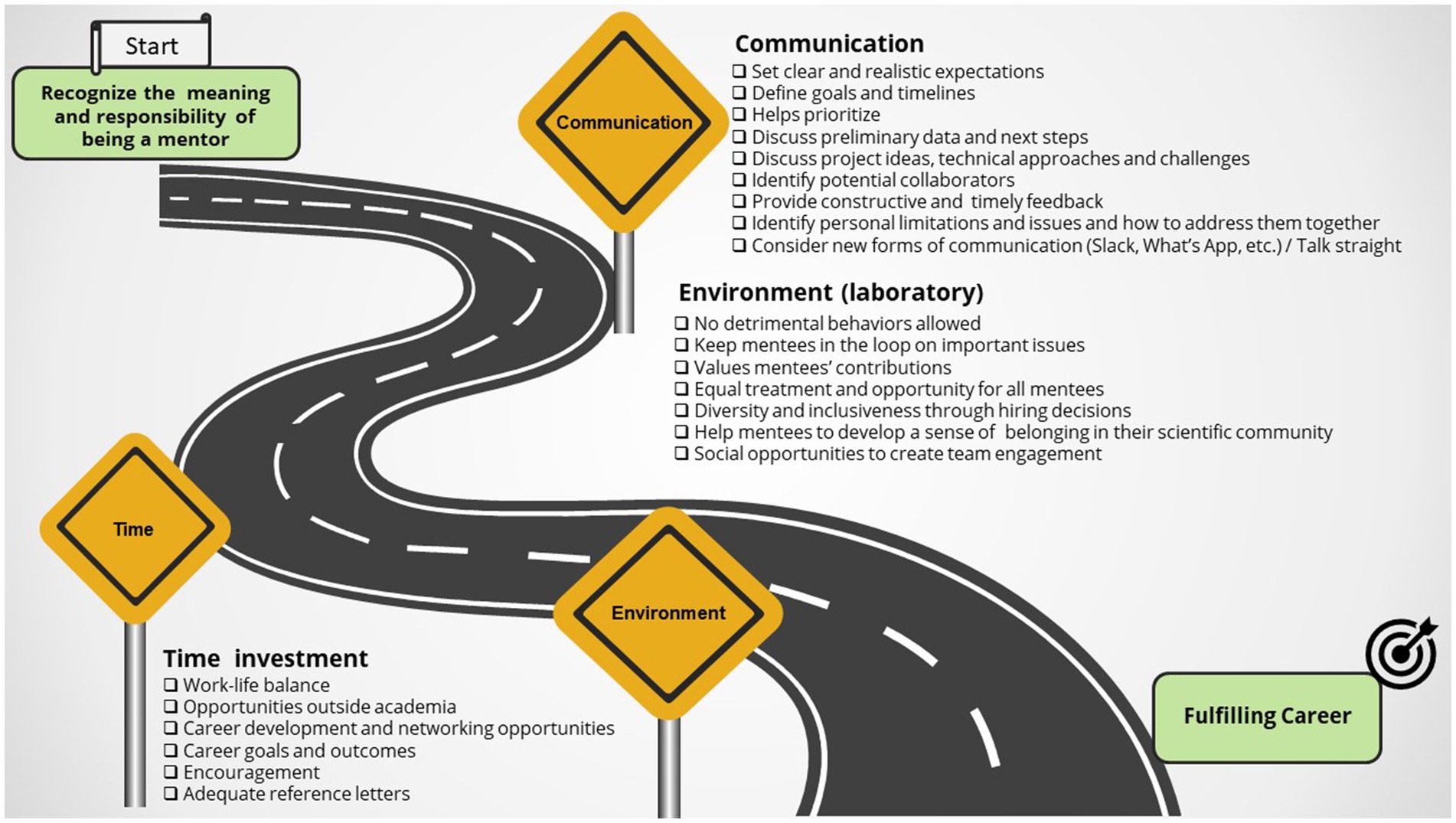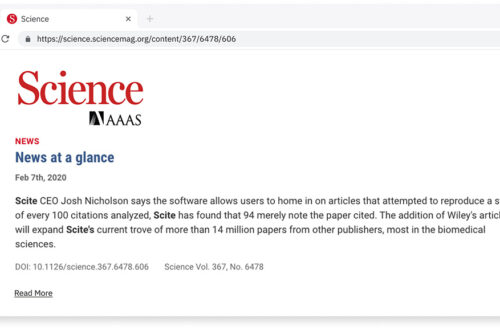Ph.D. Enrollment Considerations
Program availability and research fit
When considering enrollment in a Ph.D. program, it is essential to assess the availability of programs in your field of interest and whether they align with your research goals. Research fit is crucial as it ensures that you can pursue your academic interests and contribute meaningfully to your chosen field.Financial implications and funding opportunities
Another crucial aspect to consider is the financial implications of pursuing a Ph.D. Look into funding opportunities such as scholarships, grants, or assistantships to support your studies. Understanding the financial aspect can help alleviate potential stress and allow you to focus on your academic and research pursuits.
Time Management and Commitment
Balancing academic workload and personal life
When embarking on a Ph.D. journey, it is vital to strike a balance between academic responsibilities and personal well-being. Effective time management skills can help you allocate sufficient time for research, coursework, and self-care activities. By maintaining a healthy balance, you can prevent burnout and enhance your overall productivity and satisfaction throughout your Ph.D. program.Importance of long-term dedication to research
Long-term dedication to research is a cornerstone of Ph.D. success. Consistent effort, curiosity, and perseverance are key qualities that will propel you towards significant research outcomes. It is essential to remain focused on your research goals, stay abreast of relevant literature, and continuously seek opportunities for intellectual growth and innovation in your chosen field.:max_bytes(150000):strip_icc()/what-is-a-performance-appraisal-4586834-5752a16b1113417ab0aeaed789f72d9b.jpg)
Career Goals and Industry Requirements
Understanding the value of advanced research skills
When pursuing a Ph.D., individuals should align their career goals with industry requirements to ensure a smooth transition post-graduation. By evaluating job market demands and qualifications, prospective Ph.D. holders can tailor their research focus and skill development accordingly. Advanced research skills play a crucial role in meeting industry requirements, enhancing employability, and contributing effectively to the field. Therefore, maintaining a balance between personal interests and industry demands is essential for long-term career success.
Personal Readiness and Motivation
Self-assessment for pursuing a Ph.D.
When embarking on the journey of pursuing a Ph.D., individuals should conduct a thorough self-assessment to ensure alignment between personal aspirations and academic pursuits. Understanding one’s strengths, limitations, and research interests is crucial for a successful Ph.D. experience. By recognizing areas of passion and expertise, individuals can tailor their doctoral research to make a meaningful contribution to their field.Psychological and emotional preparation for the journey ahead
In addition to academic readiness, psychological and emotional preparedness are essential for navigating the challenges that come with pursuing a Ph.D. Maintaining resilience, managing stress, and seeking support when needed are key aspects of ensuring a positive and fulfilling academic journey. Developing coping mechanisms and a strong support system can help individuals stay motivated and focused throughout their Ph.D. program.
Supervisor and Research Support
Importance of mentorship and support network
When pursuing a Ph.D., having a strong mentorship network and support system is vital for success. These mentors and peers can provide valuable guidance, feedback, and emotional support throughout the academic journey. By seeking mentorship and building a supportive network, individuals can access different perspectives, learn from others’ experiences, and feel encouraged during challenging times.Guidance on choosing the right Ph.D. supervisor
Selecting the right Ph.D. supervisor is a crucial decision that can significantly impact one’s research and overall experience. It is essential to choose a supervisor who aligns with your research interests, communication style, and academic expectations. A supportive and knowledgeable supervisor can provide valuable guidance, constructive feedback, and mentorship to help you navigate the complexities of doctoral research successfully.
Facebook
Twitter
LinkedIn






